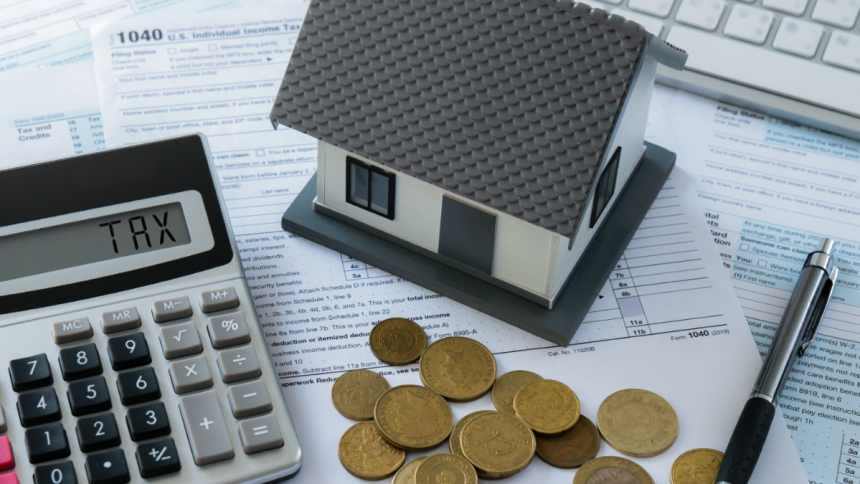Disputing a property tax bill can help reduce unnecessary expenses, but the process often involves more than expected. Many homeowners believe they can file quickly and see immediate results, but success depends on accuracy, timing, and credible evidence. Those who prepare thoroughly from the start are more likely to receive fair treatment.
Filing a property tax appeal involves specific steps that should not be rushed or taken lightly. One of the most common mistakes is filing without reviewing property records or gathering reliable market data. A valuation complaint requires documentation, not frustration. Submitting a case without recent comparables, a valid appraisal, or proof of property record errors leads to disappointment. A strong appeal starts with facts, not assumptions.
1. Failure to Meet the Filing Deadline
Local governments assign strict deadlines for assessment reviews. These deadlines are typically based on the official valuation date used by the assessor. Missing the submission window, even by one day, means the opportunity to challenge the assessment is gone until the following tax cycle. Many homeowners forget to check these details or wait too long to begin. The filing date should be confirmed directly with the local assessor’s office. Allowing time to prepare and review every form can help prevent unnecessary rejection.
2. Relying on Incorrect or Outdated Property Data
Errors in the assessor’s parcel record often lead to inflated valuations. A listed room addition that no longer exists or incorrect square footage can distort the assessed value. Before filing a formal appeal, the property owner should check every detail of the property card. If inaccuracies exist, they should be supported by documentation such as photos, contractor statements, or blueprints. Correcting the data strengthens the appeal and improves the chance of a fair reassessment.
3. Failing to Present Relevant Comparables
Comparable sales are crucial in demonstrating that a property has been overvalued. However, not every sale qualifies as a strong comp. Properties located in different neighborhoods or with significantly different layouts often create confusion instead of clarity. A good comparable is similar in condition, square footage, lot size, and sale timing. All comps should reflect prices from the same valuation period used in the current assessment. Without relevant market data, the review board has little basis for adjustment.
4. Overlooking Professional Support When Needed
Some cases are simple, but others involve more complex property types such as duplexes, mixed-use spaces, or buildings with unique zoning classifications. These situations often involve technical terms like equalization ratio, depreciation schedule, and mill rate calculation. Hiring a qualified tax advisor or real estate attorney ensures that every part of the appeal is accurate and well-documented. Their insight can also help navigate hearings and prevent errors that may weaken the case.
5. Using Emotion Instead of Evidence
A strong case must be well-documented. Frustration with rising taxes is understandable, but personal feelings are not part of the evaluation process. A successful assessment dispute includes measurable evidence like an independent appraisal, adjusted sales comparisons, or cost-based valuation calculations. Emotional appeals without data rarely lead to assessment changes. The most effective submissions stay focused on property characteristics, market trends, and factual discrepancies.
Avoiding common pitfalls makes the property tax appeal process far more effective. Taking the time to check filing deadlines, confirm property records, select the right comps, and seek help when needed can result in more accurate assessments and potential savings. For anyone preparing to dispute a tax valuation, focusing on documentation and timing will lead to a smoother experience. The strongest cases are built on preparation, not frustration.
Lynn Martelli is an editor at Readability. She received her MFA in Creative Writing from Antioch University and has worked as an editor for over 10 years. Lynn has edited a wide variety of books, including fiction, non-fiction, memoirs, and more. In her free time, Lynn enjoys reading, writing, and spending time with her family and friends.















